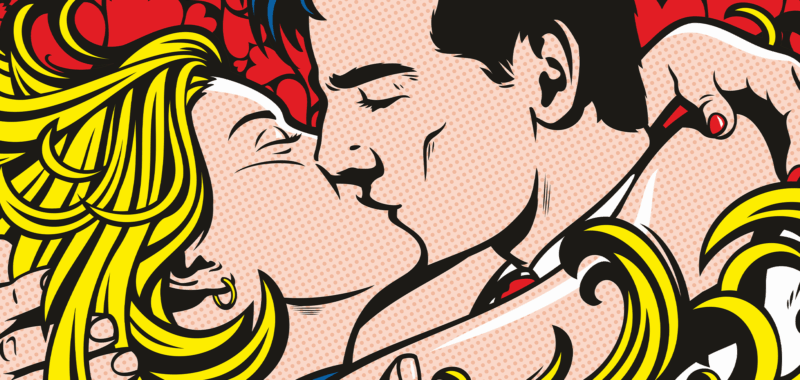For those with celiac disease, kissing can cause more than just romantic jitters. The fear of inadvertently ingesting gluten through a kiss was real for many of the participants in a 2022 study published in the journal Digestive Disease and Science.
However, some new research might put the worry to rest. Data from a small study set to be presented May 5 at Digestive Disease Week 2025 in San Diego, California found that it can’t be passed through a kiss, even if a partner has just eaten a snack packed with gluten.
“Everyone worries about whether gluten is getting into their food at a restaurant, but no one really looked at what happens when you kiss afterwards,” study co-author Anne Lee, an assistant professor of nutritional medicine at Columbia University, said in a statement. “The advice we gave about kissing and celiac disease was based on precaution and assumptions. We were using our best judgment. I felt it was important to do research to see if there was any actual risk.”
Celiac disease is an autoimmune disorder in which the body can’t tolerate gluten. Gluten itself is a protein found in the wheat plant and also barley and rye. It is found in many types of pastas, bread, noodles, tortillas, and granola and helps food keep its shape. Celiac disease affects one percent of the general population and roughly 2 million Americans have been diagnosed. It is generally marked by a host of unpleasant digestive issues including abdominal pain, indigestion, and diarrhea. For those with celiac disease, ingesting gluten causes intestinal damage even if there aren’t any immediate symptoms.
To delve into how much gluten can be transferred by kissing, the team at Columbia recruited 10 couples for a two-part study. One of the partners had celiac disease while the other did not. During each session, the non-celiac partner ate 10 saltine crackers. The couple then kissed for 10 seconds. During one session, the partner waited five minutes before the kiss. In the other, they both drank four ounces of water before kissing.
[ Related: What is Gluten? ]
The researchers measured the gluten transfer in both situations by analysing the partner with celiac disease. In both situations, the gluten transfer was minimal in the majority of participants. While gluten was still present in salvia after kissing a partner who had eaten the saltines and then drank water, the amount was less than 20 parts per million in all cases. That amount is considered safe and allowed in many gluten-free products.
“For clinicians, we can now say to patients, ‘You don’t have to go to extreme measures,’” Lee said. “Patients with celiac disease can be more relaxed, knowing that the risk of gluten cross-contact through kissing a partner who has consumed gluten can be brought down to safe levels if food is followed by a small glass of water.”
Those with severe allergies to peanuts and even shellfish should still be careful before locking lips, as allergens mixed with salvia can cause a reaction.
The data from this study is still awaiting peer review. Digestive Disease Week is a large gathering of physicians, researchers, and academics in the fields of gastroenterology, hepatology, endoscopy, and gastrointestinal surgery from around the world.


